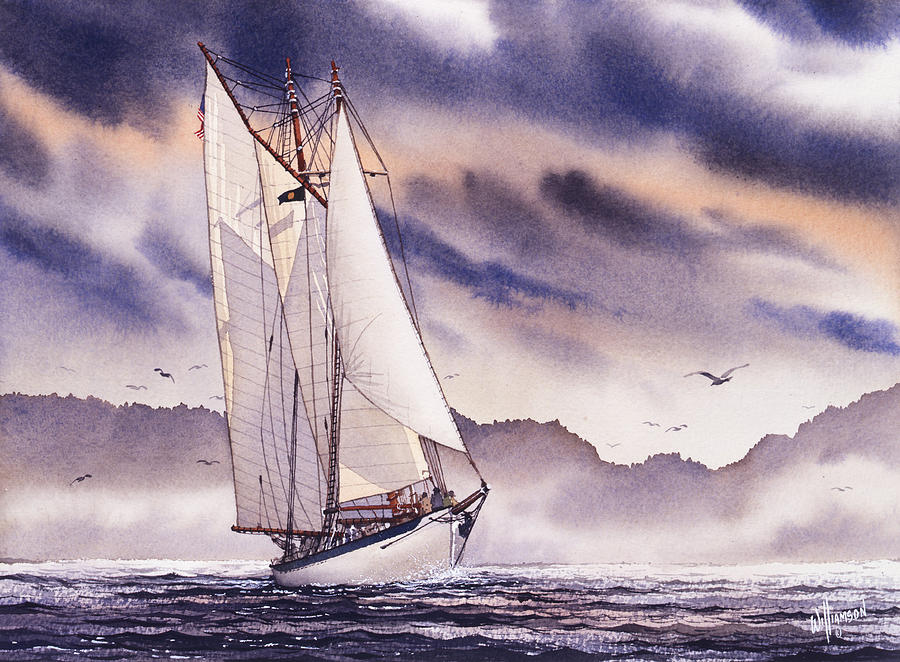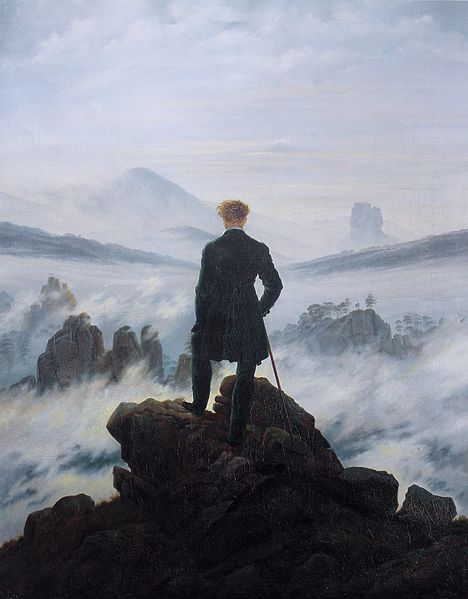|
I am led to post the song in #13 again, “Sail the Seven Seas”, also called “Rocking Chair” by “Jack the Lad” from England.
I do like this song. In many ways it is a very traditional English folk song, but below you will hear a 1970s rock kind of style (thus “folk rock”). The song’s narrator is an old man, looking back wistfully on his own life. He compares it to his own grandfather’s life. The narration of the song weaves in and out between the present day and two sorts of memory: (1) The narrator speaking in the present day (as an old man); (2a) Entering the narrator’s memory of his own life (life review); (2b) Entering the narrator’s memory of his grandfather’s life. Although recorded forty years ago, its message is relevant to really any time. The category to which I assign it is “Purpose of Life“. Why? Listen and read the lyrics, below. You’ll see. (According to Google, in 2013-2014, these lyrics can be found nowhere but here. Transcribed by me). ____________________________________ When I was teaching English more regularly, I tried to get my most advanced students to think in this sort of way. I once told one group that every essay is, can be, should be, important, no matter how trivial it may seem. I told them this: “Every essay you will ever write is really an answer the same question,‘Why are humans on this planet?‘” I admit this may sound…uh, pretentious, but it helped some of them. Understand, the standard attitude was all essays were “punitive”, mini-punishments to endure. Write as boringly as possible; in an inane “cookie cutter” style; “run out the clock”. This re-conceptualization was appealing to the bright kids. The “Purpose of Life” is an open question, which is why it is exciting: They (we) have the power in hand to make of it what they (we) want.___________________________________ |

Painting by James Williamson
|
By Jack the Lad / 1975
Sitting by the fire
In an old rocking chair
Like my grandaddy taught me to do
Listening intently
To the words he had to tell me
Because in my mind
I knew they were true
He said he’d sailed the seven seas
In ships, with tall masted sails
And he’d ridden, from London to Leeds
In one day-!
I took a walk to pass the time
I discovered many things
Things that I had to force myself to do
Like study and find a job
Take a wife, feed my kids
And I did them, as I thought they were new
But I never sailed the seven seas
In ships, with tall masted sails
I never rode from London to Leeds
In one day~!
As I’ve walked, there passed the time
I’ve collected many assets
Folks say that I’m “successful as can be”
But my grandaddy died
Without a penny to his name
He was a damn sight more successful than me
Because he’d sailed the seven seas
In ships, with tall masted sails
He’d ridden from London to Leeds
In one day
[Fiddle]
And now I’m sitting by the fire
In that old rocking chair
And I’m dreaming of the time around now
I’m searching for a yarn
To tell my own grandson
And I’m wishing to God that time would face about
So I could sail the seven seas
In ships with tall masted sails
And ride from London to Leeds
Sail the seven seas
In ships, with tall masted sails
And ride from London to Leeds
In one — day~!
(Jack the Lad was a 1970s group composed of Rod Clements, Simon Cowe, Ray Laidlaw, Billy Mitchell, Phil Murray, Ian ‘Walter’ Fairbairn.)


The lyrics are certainly captivating. People often think the grass is greener on the other side… It could be argued that contributing to the community and raising children who contribute to their community shows greater success than sailing the seven seas. But the singer’s regrets for things never done come across loud and clear. Starting one’s “bucket list” earlier to lessen end-of -life regrets would be helpful.
“[C]ontributing to the community and raising children who contribute to their community [may show] greater success”
This is true.
This song reminds me of the “Authentic Life” idea, which comes from the philosophy of Heidegger. I have been fascinated by this idea, which strikes me as certainly correct, for many years.
The singer regrets not having had (m)any adventures, not because the adventures of his grandfather per se were so great (maybe all that sailing was horribly boring, after all, day after day looking at open ocean, maybe suffering disease and seasickness on board). The point is, the grandfather led an authentic life! He seized on his own opportunities and made a life worth remembering, worth valuing.
The narrator (singer) simply followed a life laid out for him by others, or by social expectation (the generalized ‘other’ ‘the They’ as Heidegger says). Doing the things he (the narrator) did in life could be “authentic” as well, *if they were his of own choice*, decisions reached by independent thought and not because “they say you should…” sorts of decisions, which most of us follow most of the time. A life led “totally inauthentically” is a regrettable one.